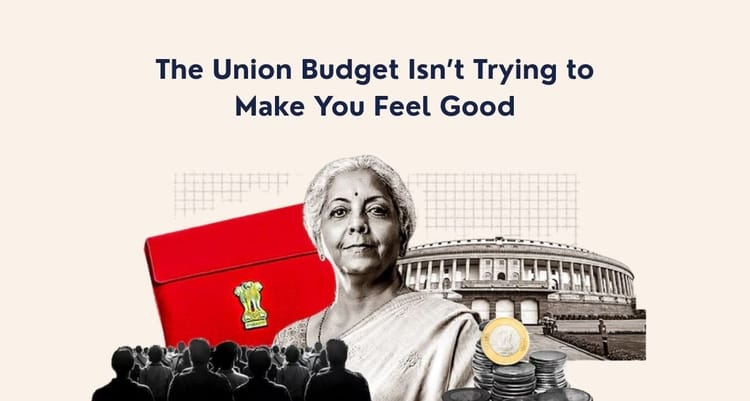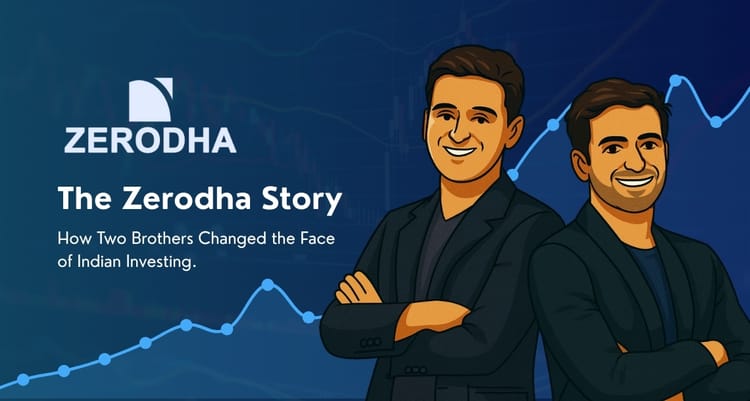The AI Revolution in Trading: How Algorithms Are Beating Human Traders

In the world of stock markets, speed and precision are everything. Gone are the days when traders shouted orders on the floor of the exchange. Today, Artificial Intelligence (AI) is quietly (and rapidly) reshaping how trading works — and the results are game-changing.
What Is AI Trading?
AI trading refers to using computer programs — often powered by machine learning and big data — to make buy or sell decisions in financial markets. These programs analyze massive amounts of data in seconds, identify patterns, and execute trades faster than any human can blink.
This isn’t sci-fi. It’s already happening — and dominating.
How AI Is Beating Human Traders
1. Speed and Efficiency
Humans can process a few data points at a time. AI systems, on the other hand, can analyze millions of data points in real time — including market prices, news headlines, tweets, weather reports, and even satellite images.
2. No Emotions
Humans panic. AI doesn’t. When markets crash, humans often make fear-based decisions. AI follows logic and data — it doesn’t get scared or greedy.
3. Learning from Mistakes
Modern AI systems learn from every trade — successful or not. This continuous improvement makes them smarter over time.
What Does It Mean for Retail Investors?
While large institutions are leading the AI race, retail investors are slowly getting access to AI-powered tools too. Platforms now offer AI-driven robo-advisors, sentiment-analysis tools, and predictive analytics that help everyday investors make informed decisions.
But here’s the catch: AI is only as good as the data it’s trained on. So while it can enhance decision-making, it’s not foolproof.
The Indian Perspective
In India, AI-driven trading is still in its early stages but gaining traction. The National Stock Exchange (NSE) and SEBI have acknowledged the role of technology in shaping the future of markets. Startups and fintech firms are actively building AI-powered platforms to democratize trading.
The Ethical and Regulatory Concerns
As AI takes over more trading decisions, questions arise:
- Who is responsible if an AI system causes a flash crash?
- Can regulators keep up with the speed and complexity of AI-driven markets?
- How do we ensure fairness when algorithms can give some players an unfair advantage?
These are real concerns, and regulators worldwide are grappling with them.
AI is not replacing traders entirely — yet. But it’s definitely changing the game. For investors, understanding AI-driven strategies is no longer optional; it’s essential.
As the line between human intuition and machine precision blurs, one thing is clear: The future of trading is intelligent, data-driven, and fast.
FAQs
Q: Can AI trading guarantee profits?
A: No. AI enhances decision-making but can’t eliminate risk entirely.
Q: Is AI trading legal in India?
A: Yes, but regulated by SEBI. Any AI-based strategy must comply with existing rules.
Q: Should retail investors use AI tools?
A: Absolutely. They can provide valuable insights, but always combine them with your own research.
Q: Will AI replace human traders?
A: Not completely. Humans bring creativity and ethical judgment, which AI lacks.
Q: How can I get started with AI trading?
A: Start with platforms that offer AI-based recommendations and gradually explore more advanced tools.






Member discussion